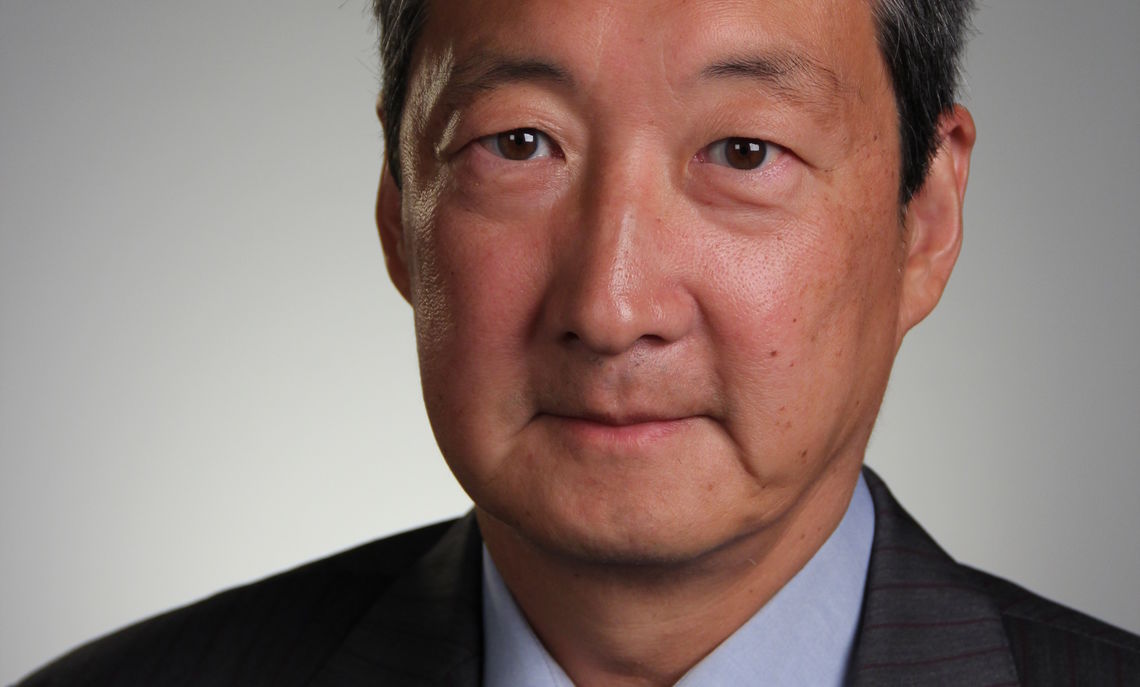By Ellie Gavin || Campus Life Editor
This Thursday, the Government Department hosted their annual Weinstein Lecture. Dr. Victor Cha was this year’s speaker. Cha is one of the leading experts in the study of North Korea, and he spent three years serving the National Security Council as the Director of Asian Affairs. He is also the author of The Impossible State: North Korea, Past and Future, and is currently the d

irector of Asian Studies at Georgetown University. Cha spoke to F&M students and faculty about his time at the National Security Council and shared his insights into North Korea and China’s relationship with each other and with the United States.
Cha offered several theories to explain why China enacts policies that support North Korea. He explained that China’s tolerance of North Korea occurs partially because they hope it will maintain stability in the region. Although China may not agree with all of North Korea’s policies, cutting North Korea off completely from Chinese financial support would create chaos and instability.
Cha explained that China’s long-term strategy is to promote economic reform in North Korea. However, China fears they will incite instability in the region if they stop supporting North Korea, and so they have not changed their short-term economic policies. Cha says that while people often see China and North Korea as being “as close as lips and teeth,” there is really “no love lost” between the two. He said North Korea is not, in fact, China’s “little communist brother.”
“China suffers dearly from this relationship,” Cha says. “Every time North Korea takes a belligerent action, China’s good name gets dragged through the mud.”
“China does not love North Korea, but it is the only North Korea that they got,” Cha continued. “So they’re stuck with it. Similarly, it’s not like North Korea loves its older communist brother. They don’t love the Chinese, they despise the Chinese.” Cha explained that North Korea also suffers from their relationship with China because they are treated like a lesser province and distrust the Chinese.
“They always feel like at some point China is going to cling to the United States and cut them off,” Cha said. But, Cha explained, North Korea’s total reliance on China means they do not have a choice in the matter.
Cha’s last argument was rooted in China’s military history. Cha noted that China has learned that an unstable Korea is always bad for China. Although the Chinese government may not have many direct connections to North Korea, it will go out of its way to settle disputes and appease the North Koreans because they have learned time and time again that “stability is paramount”.
“The irony here is obvious,” Cha said. “The longer that China holds to this strategy, the more it gives license to deviant North Korean behavior, the less likely there will be a chance for reform in North Korea and the more they aggravate the security situation.”
All these concerns, Cha said, have created dilemmas in the Chinese- North Korean policy. Meanwhile, Cha noted, North Korean culture and society is quickly changing. He said that North Korea gets 60 percent of its livelihood from outside markets. Civil society is growing while politics stay the same.
“[North Korean people] love information from the outside world… cell phones are now rampant in North Korea,” Cha said. “[Civil society is developing at the same time as its regime clings to tradition, and] anybody can tell you that is not sustainable.”
Sophomore Ellie Gavin is the Campus Life Editor. Her email is fgavin@fandm.edu.